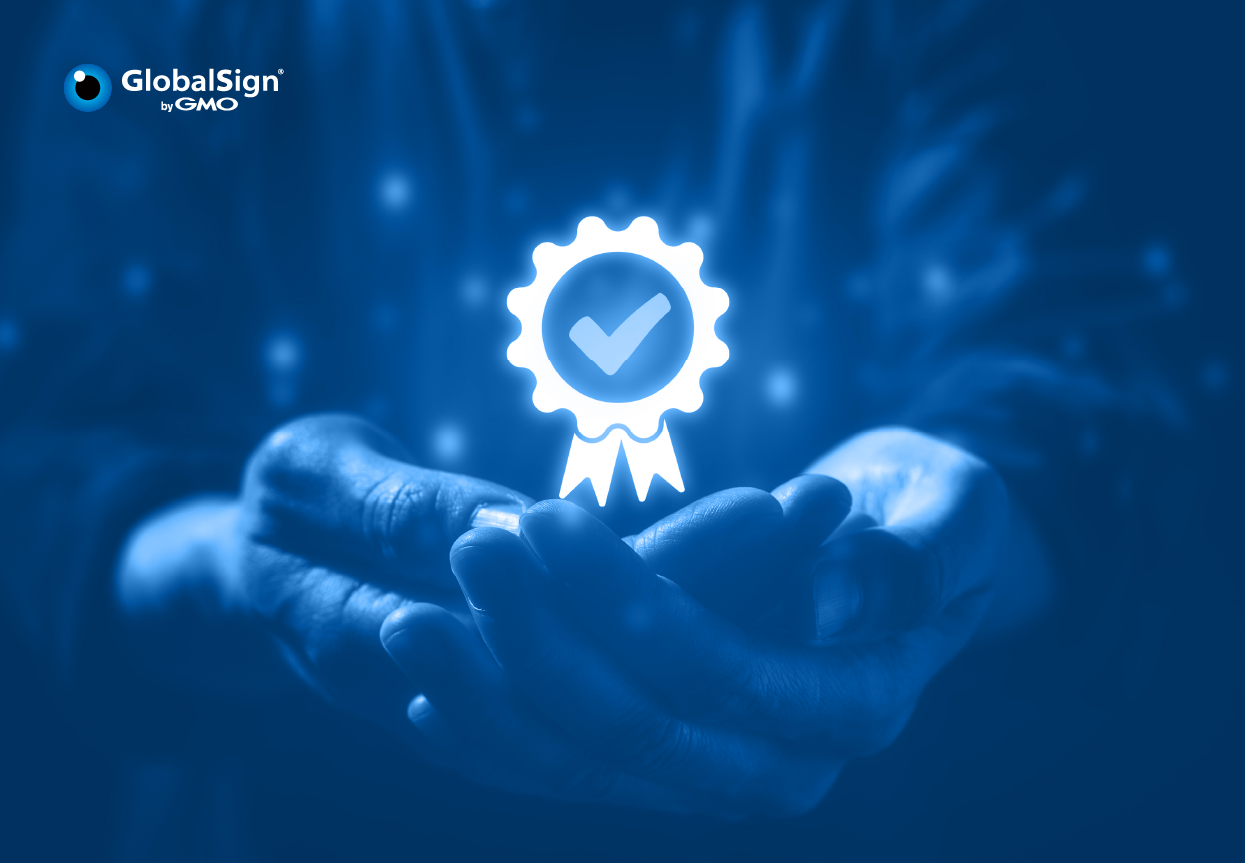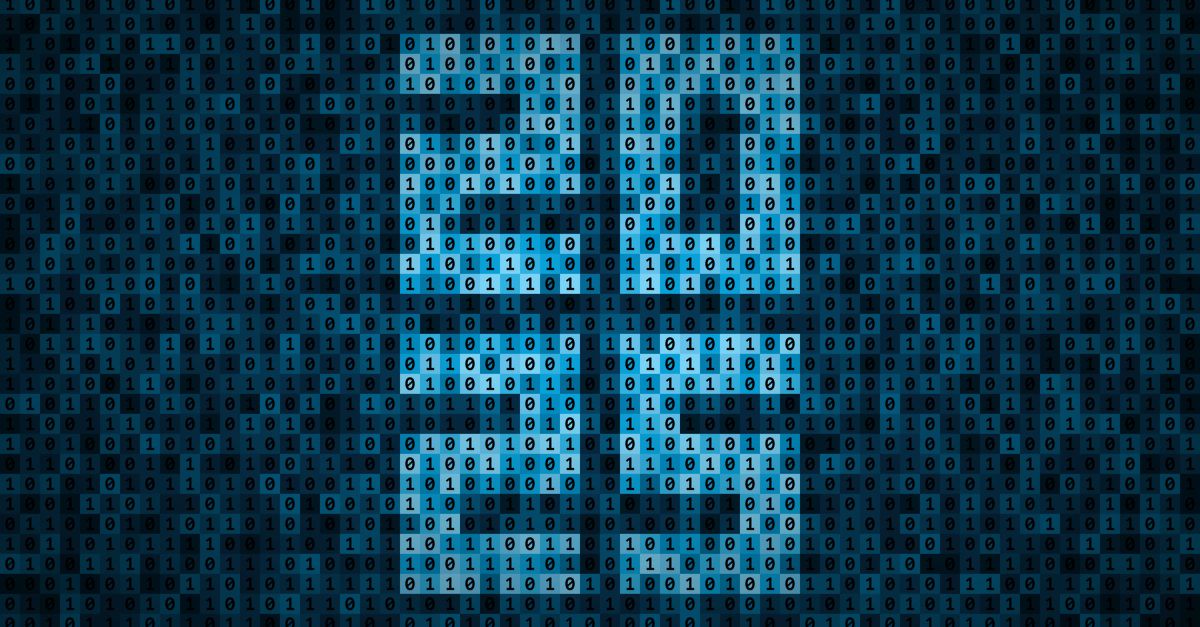As companies find ways to adjust to the new norm, there has been an increasing demand for a contactless way of sending and receiving documents while still ensuring safety and security for all.
Accurately digitizing content is important during this time and as we experience the effects of COVID-19. Most businesses are looking for more effective and efficient methods of signing and deploying documents.
Digital Signatures Maximizes Work Efficiency
Nowadays, documents can be processed much easier, thanks to digital signatures. They effectively encrypt data with unique digital codes that are hard to replicate, duplicate, or compromise. The process secures virtually any form of online content—from emails to online orders. This is what constitutes a strong digital signature, and the benefits are prevalent.
Digital signatures play a huge role in maximizing work efficiency while working from home. Using digital signatures saves time, cost savings, and provides document workflow efficiency. Employees no longer need to go to the office to get any required signature, they can use digital signatures, which is process requires only a few clicks and often takes a couple of minutes.
Moreover, digital signatures make it easier for companies to save money in cases where digital documents are accepted. Traditional ink and paper are no longer required to sign a contract. Digital signatures ensure better work efficiency without the unnecessary delays.
Digital Signatures Help Increase Work Productivity
Core advantages of digital signatures:
- Ensures document is authentic and comes from a legitimate source
- Ensures data integrity and proves that the information has not been compromised
- Signer’s identity is verified by a trusted organization (Certificate Authority)
- Creates tamper-evident seal on document contents
- Embedded, trusted timestamps support non-repudiation and audit logs
Moving the digital signature process to the cloud is all that is required to build legal and compliant signatures into one platform. GlobalSign’s Digital Signing Service (DSS), for example, is a cloud-based solution that incorporates everything from signature to confirmation without the hassle. It provides everything you need to apply legally admissible and compliant digital signatures in one cloud-based service through your chosen digital signing platform such as GMO Sign and Adobe Sign, making GlobalSign part of the few CAs in the industry to provide this groundbreaking service.
How Digital Signatures Help During The Pandemic
Digital signatures provide a better experience for both employees and customers, at home or in the office. They provide the convenience of signing important documents wherever the customer or the signee is located. Digital signatures enable the sender to authenticate the details within the file as well as ensure that it cannot be altered in transit. Employees also no longer need to wait for the customer to visit the office to submit the required documents.
Another benefit is the legal validity of digital signatures. For instance, digital signatures by GlobalSign are legally admissible* and help to meet compliance with eIDAS regulations. Digital signatures provide authenticity and ensure that the signature is verified.
The United States, Australia, New Zealand, Europe, and various countries in Asia, and Africa are among the territories that have existing regulations that regard digital signatures as legitimate as traditional ink-on-paper ones. The United States has also adopted digital signatures when notarizing documents.
While other offices’ workflows might be slowed down due to remote working arrangements, your company can ensure that any inquiries and document signing needs such as contract signing, invoice, tax reporting, and others are met by adopting digital signatures today.
GlobalSign is your partner in ensuring a smooth workflow. Request for a demo today by clicking here! To learn more about our company and the full list of products we offer, you may visit our website, or check out our product list for enterprises and Internet of Things (IoT). For more blog updates, click here.
* For certain countries.







